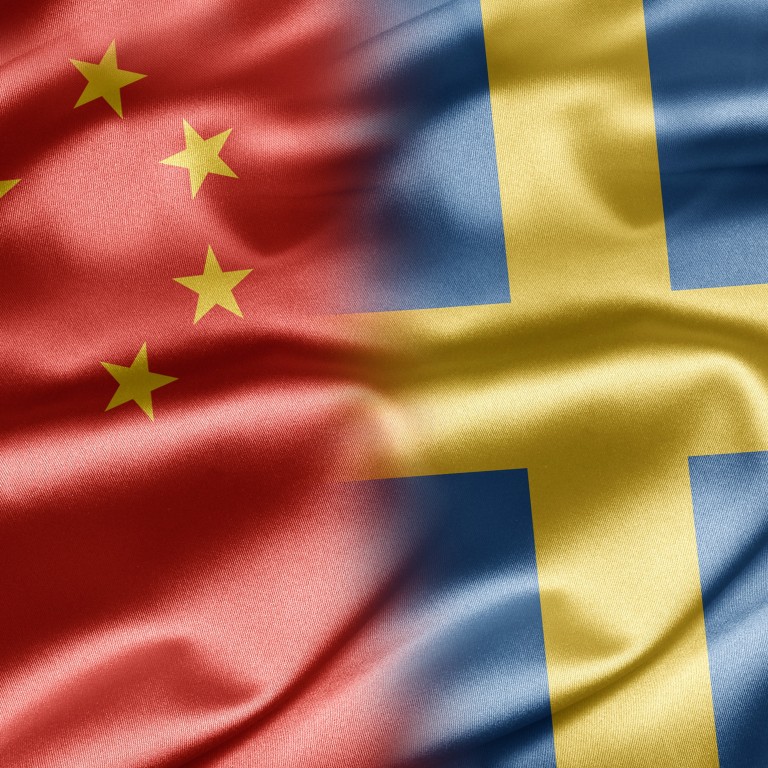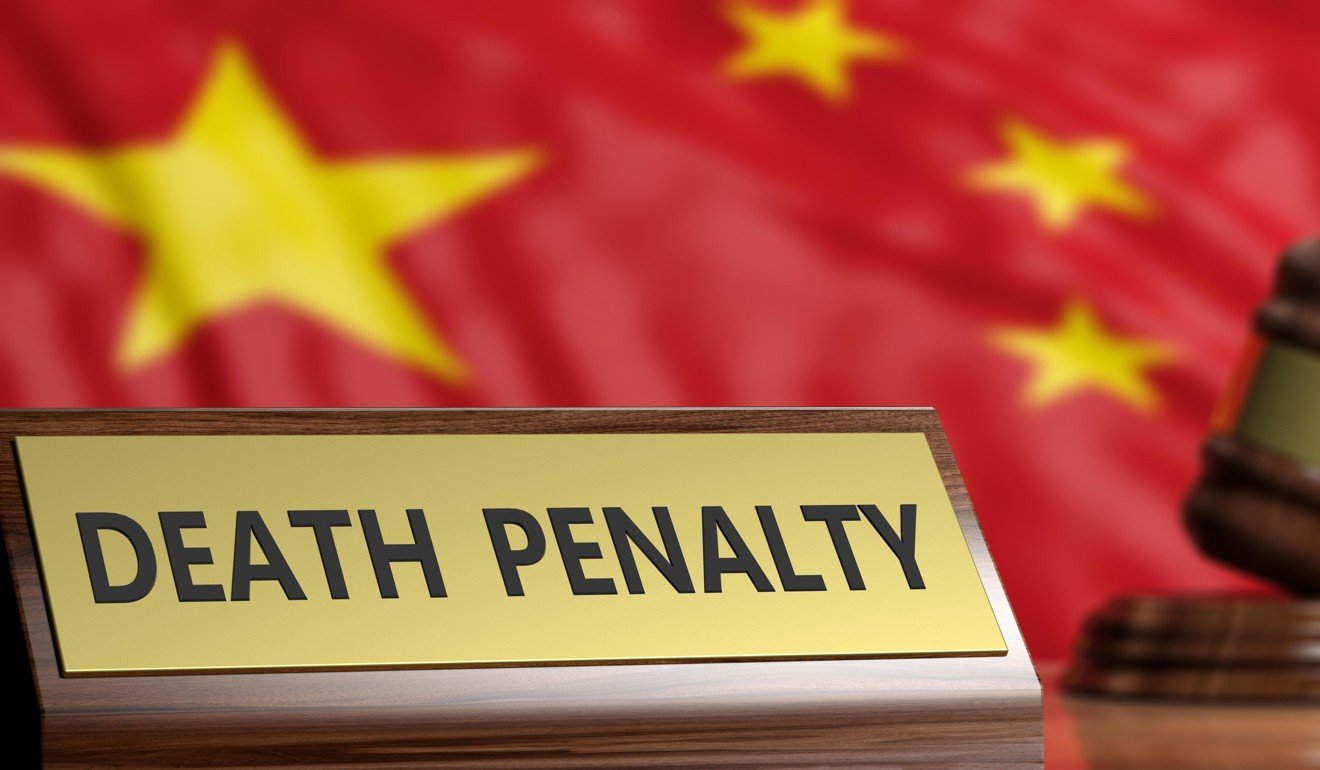
Sweden ‘unlikely’ to extradite Chinese fugitive Qiao Jianjun as Supreme Court sets him free
- Stockholm’s top court says suspect, who was in custody for almost a year, ‘should no longer be arrested’
- Former director of grain storage facility is wanted by Beijing on suspicion of having embezzled millions of dollars
One of China’s most wanted fugitives who has been in custody in Sweden for almost a year has been released, suggesting he is now unlikely to face extradition, his lawyer has said.
Qiao Jianjun, the former director of a government grain storage facility in the central China province of Hunan, is wanted by Beijing on suspicion of having embezzled millions of dollars.
He fled the country in November 2011 and spent more than six years on the run before being arrested by Swedish police on June 25 last year following a request from Beijing.
Lawyer Henrik Olsson Lilja, who has represented Qiao since November, said his client attended an extradition hearing on Tuesday and the Supreme Court announced his release the following day.

While the Supreme Court has yet to discuss the matter with the government in Stockholm, Lilja said it had “made a preliminary decision not to extradite him”.
“If the ruling was that he would be extradited, he would still be in detention,” he said. “So this is a very strong indication that they will not grant the Chinese request.”
Extradition case awaits new Swedish ambassador to China
Qiao, who also goes by the name Feng Li, was named as China’s third most wanted criminal in 2015. Since being released he had been resting with his family in Stockholm, Lilja said.
The Supreme Court said in an email that it would express its opinion to the government in the next few weeks. It did not give any reasons for its preliminary ruling, but said: “Qiao Jianjun should no longer be arrested in the extradition case.”
The task of the court, it said, was to rule on “whether there are obstacles to the person being extradited to China” and if sending Qiao back home would violate Sweden’s Extradition Act, which prevents extradition if the subject is “at risk of being subjected to severe persecution for political or religious reasons or if there are humanitarian reasons”.
The court also took into consideration whether the case was compatible with the provisions of the European Convention on Human Rights, it said.

Lilja said the ruling was evidence the judiciary thought Qiao would face prejudice if he was sent back to China.
“I think the major part is that he will not have a fair trial, and that there is great risk that he will be tortured,” he said.
News of Qiao’s release came just a day after the Swedish government released a damning assessment of China’s record on democracy, human rights and the rule of law.
The report, which criticised China’s use of the death penalty and its ill-treatment of prisoners, was blasted by Beijing’s embassy in Stockholm on Thursday, which described it as “biased” and “unfair”.
“We urge the Swedish side to refrain from acting like a ‘lecturer’ that is ignorant and arrogant, and stop pointing fingers and interfering in China’s internal affairs,” it said in a statement.
The embassy did not respond to requests for a comment on Qiao’s release.
China renews warning against travelling to Sweden
Lilja said the Supreme Court officials might have reflected on a number of other China-related extradition cases when making their decision on Qiao.
Earlier this month a court in New Zealand re-examined a decision to extradite a South Korean man to China, fearing he might not receive a fair trial.
Also, the protests in Hong Kong over the city’s controversial extradition law would not have gone unnoticed, Lilja said.
“In Sweden we follow all these cases and it is having an impact,” he said.
“Many Swedes are talking about the uproar in Hong Kong … and even Supreme Court justices read the papers.”

